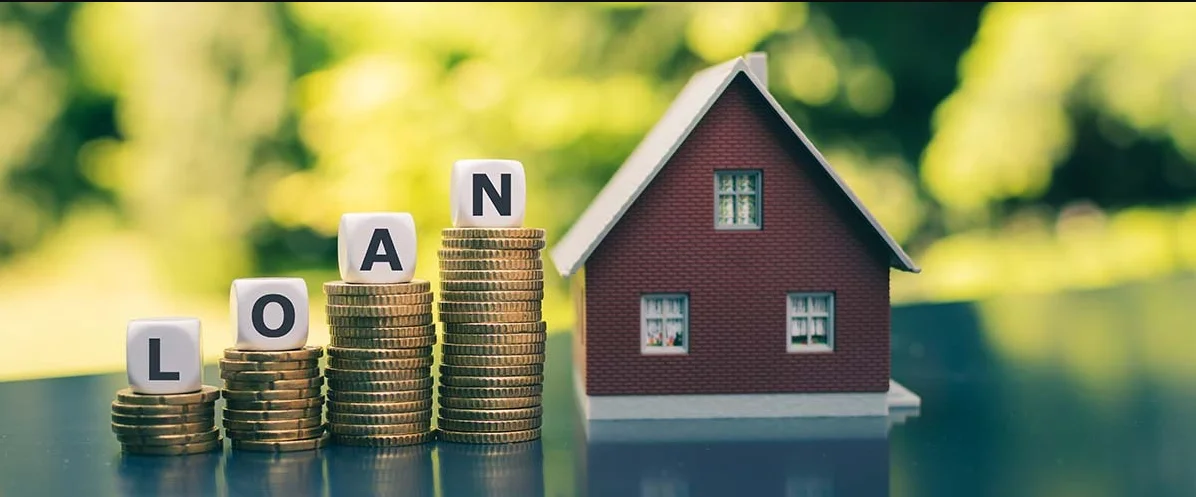Introduction:
Getting a home loan is an achievement when it comes to becoming a homeowner. However, to plan your finances effectively it’s crucial to grasp the elements that impact the equated monthly installments (EMIs) of your home loan. EMIs not affect your expenses but also have a major role, in determining the overall cost of your loan.
Top 5 Factors Influencing Home Loan EMI
Loan Amount:
The principal loan amount contributes as a fundamental factor impacting your EMI. A larger loan amount would result in a bigger EMI. In general, lenders finance a percentage from the property cost and the remaining amount needs to be covered through your down payment. It is advisable to set limits on the loan amount to ensure that the EMI remains within a comfortable range.
Interest Rate:
One of the most important factors in EMI calculation is the interest rate. A marginally low interest rate can slash down EMI and outflow towards interest by a significant amount over the loan tenure. The interest rate is determined on various factors such as the market condition, credit score of the borrower, policies of the lender among others. It is the loan tenure or the number of years you take to pay back the amount of loan to the rightful lender whose effect shall be passed directly in your EMI.
Individuals should compare the interest rates offered by different lenders. While going for longer tenure may reduce the EMI but goes on to result in higher overall interest payout. On the other hand, a shorter tenure may increase the EMI but reduces interest burden. One must ensure to balance between a manageable EMI and the minimum interest cost over the term. A tenure for your loan has to be decided on the basis of your financial stability and future projections.
Loan Tenure:
The duration for which you borrow the money, known as the loan tenure is a factor, in deciding the EMI. When you choose a tenure, your monthly installments become lower. You end up paying more interest over time. On the side if you opt for a tenure your EMI will be higher but you’ll save on total interest paid throughout the loan period. Homebuyers need to find a spot where they can manage monthly payments while keeping the overall interest payment as low, as possible.
Credit Score:
A credit score holds a very pivotal role in deciding your rate of interest by the lenders. Higher credit score often results to lower the rate of interest, leading to lower your EMI. Having a good credit history by repaying your existing loans and timely repayments of credit cards may have positive effect to your credit score. After all, of course, it is recommended that one should check and if necessary, improve the credit score, before applying for the home loan.
Type of Interest Rate:
Home loans typically have two types of interest rates – fixed and floating. Fixed interest rates remain the same throughout the loan tenure, therefore keeping EMI payments constant. Floating interest rates fluctuate with the market conditions. Though floating rates might be lower initially, they might vary to reflect the current market rates. The choice of the right type will be made depending on the risk appetite and your predictions about the future market.
Conclusion:
To make choices it’s crucial to grasp the key elements that affect your equated monthly installment (EMI) in a home loan. These factors include the loan amount, duration, interest rate, credit score and the type of interest rate attached to your home loan. By considering these factors you can tailor your home loan to match your objectives. Therefore, it’s advisable to consult experts and compare the lending options, from various lenders.
